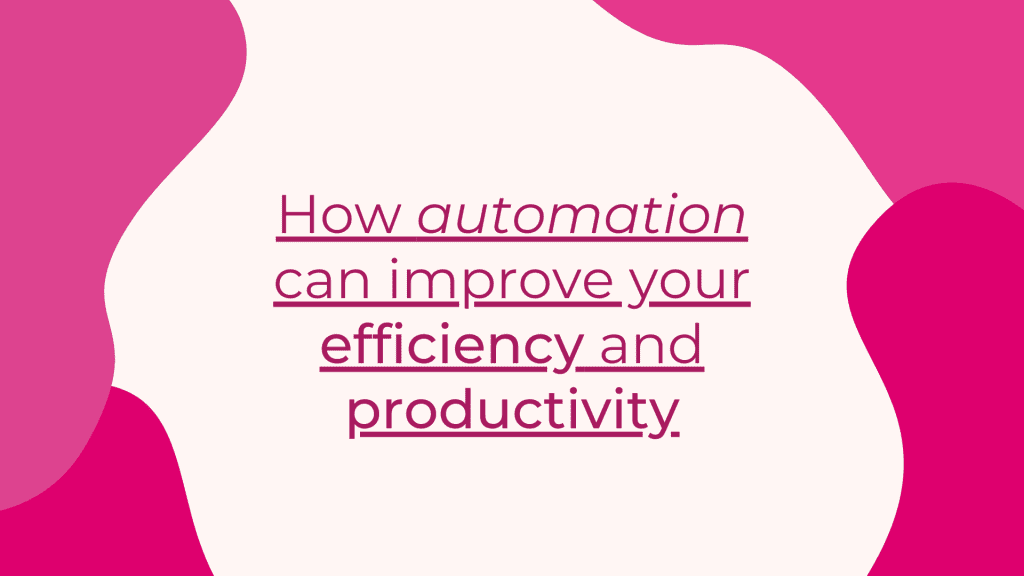
Talent management planning is a term we often hear floating around the business world, but what exactly does it mean…

Talent management planning is a term we often hear floating around the business world, but what exactly does it mean…

It’s no secret that hundreds of small businesses are suffering from increased wage costs and staff shortages. These issues span…

One of the things we pride ourselves at 1 Accounts is our ability to be cloud-based and as paperless as…

The pandemic has been transformative in many ways. It has changed how we view our health, how we communicate and,…

Have you been thinking about switching to a limited company because of the upcoming changes due to Making Tax Digital?…

Automation was already on the rise pre-pandemic, but now it has become a business priority. The positive benefits of automation…